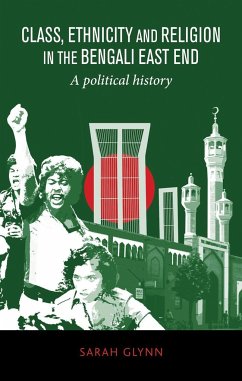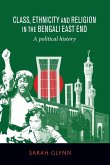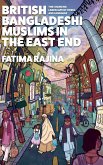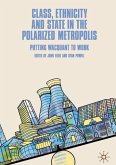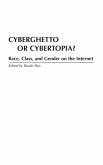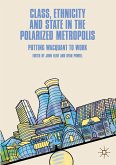This exploration of one of the most concentrated immigrant communities in Britain combines a fascinating narrative history, an original theoretical analysis of the evolving relationship between progressive left politics and ethnic minorities, and an incisive critique of political multiculturalism. Its central concern is the perennial question of how to propagate an effective radical politics in a multicultural society: how to promote greater equality that benefits both ethnic minorities and the wider population, and why so little has been achieved. It charts how the Bengali Muslims in London's East End have responded to the pulls of class, ethnicity and religion; and how these have been differently reinforced by wider political movements. Drawing on extensive recorded interviews, ethnographic observation, and long sorties into the local archives, it recounts and analyses the experiences of many of those who took part in over six decades of political history that range over secular nationalism, trade unionism, black radicalism, mainstream local politics, Islamism, and the rise and fall of the Respect Coalition. Through this Bengali case study and examples from wider immigrant politics, the book traces the development and adoption of the concepts of popular frontism and revolutionary stages theory and of the identity politics that these ideas made possible. It demonstrates how these theories and tactics have cut across class-based organisation and acted as an impediment to tackling cross-cultural inequality; and it argues instead for a left alternative that addresses fundamental socio-economic divisions. This insightful work will appeal equally to sociologists, political activists and local historians.
Hinweis: Dieser Artikel kann nur an eine deutsche Lieferadresse ausgeliefert werden.
Hinweis: Dieser Artikel kann nur an eine deutsche Lieferadresse ausgeliefert werden.

